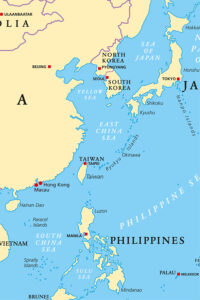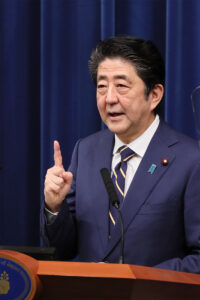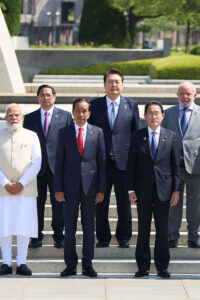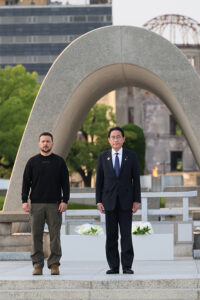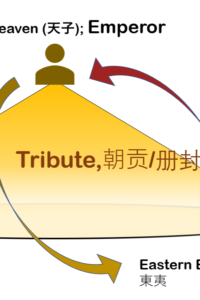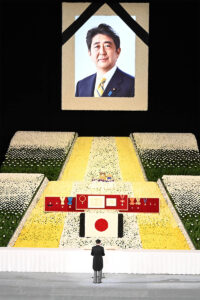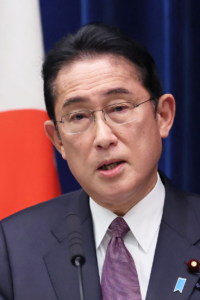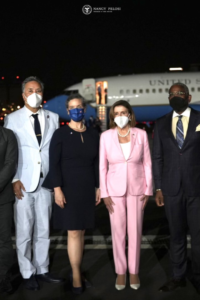
Akane Tomoko (Judge, International Criminal Court) and Philipp Osten (Professor, Keio University) An Arrest Warrant for Putin ――Russia’s military actions in Ukraine are still continuing, with widespread killing of civilians and destruction of infrastructure. Judge Akane, you were one of the judges involved in the decision at the International Criminal Court (ICC) in The Hague, Netherlands to issue an arrest warrant for Russian President Vladimir Putin. Can you tell us about what is currently going on with the investigation? Akane Tomoko: All of this is unfolding as we speak, with plausible risks for the victims’ safety and the investigations, and as a Judge, being an impartial actor, some things are difficult to discuss. What I can confirm is that, following a request by the ICC Prosecutor who was investigating the situation, the three Judges of Pre-Trial Chamber II, to which I belong, ... ... [Read more]
